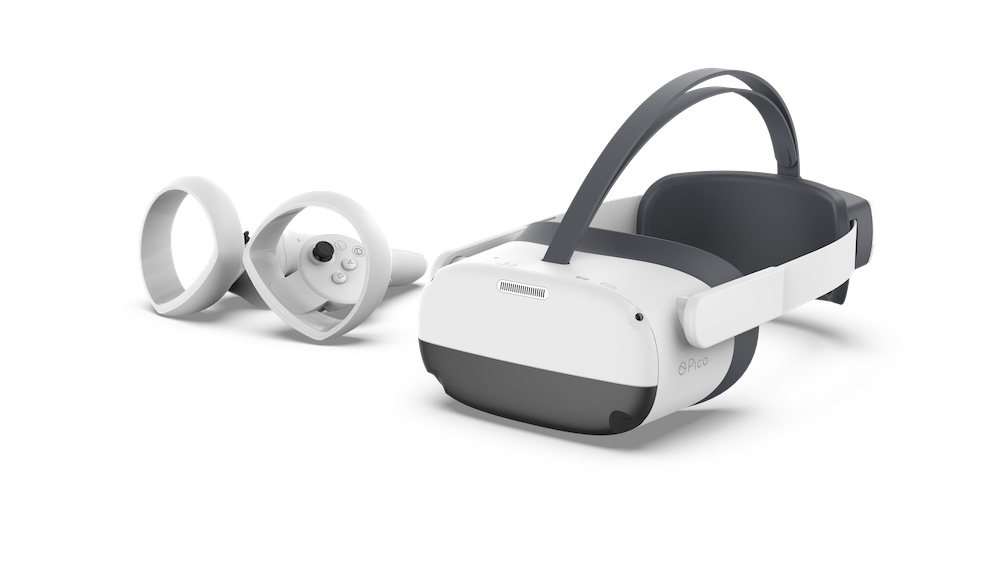According to Road to VR, Intel is working on a new prototype that will include improvements in artificial vision with the next generation of RealSense, more FOV and a more efficient and faster processor.
Intel it is preparing a new version of Project Alloy, as announced by Road to VR, with three new improvements for its open platform. The first of these is the artificial vision through which it manages to carry out the absolute positioning inside-out and detect elements of the real world. The current system is based on Intel’s RealSense technology, but according to comments it has high latency, low viewing angle and a low density of depth data, so it leaves much to be desired. The new prototype will carry the new generation of the RealSense camera and a Movidious chip for processing, in order to improve the results.
The second improvement occurs in the viewing angle, although they do not detail how they will achieve it. Intel has not shared the current specifications of its device, but according to Road to VR, the FOV of the current version is very similar to that of Vive and Rift, and also mounts Fresnel lenses. Last but not least, Alloy will incorporate Intel’s latest seventh-generation processor known as Kaby Lake. A faster chip, with a better integrated graphics processor and less consumption than the previous ones, something very important in terms of battery life, since we are talking about an autonomous device. Hopefully they can also reduce its weight and make it lighter to achieve better ergonomics in prolonged use, as indicated. Project Alloy will arrive at the end of the year from the hands of different manufacturers.









